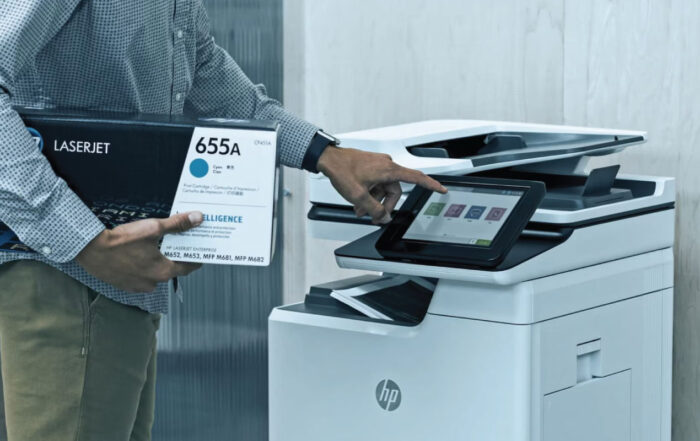
Why Organization Matters
There are many benefits of an organized office. Although it may not be one of your strengths, it is certainly a good habit to obtain. In fact, more than 80 percent of people polled in a 2010 survey said being organized improved their work performance. Employees feel more in control and have clear mental energy when they are organized. With a clear head, workers are more likely to be punctual, organized, and focused.
Employee’s organization and business productivity go hand in hand. A tidy workplace encourages workers to be productive, save time, and reduces work-related stress. Although the success of a business involves more than an organized office, removing clutter can help your employees focus on what’s important. Organization in the workplace facilitates employees to work efficiently and with more confidence. In the end, this will impress your clients and boost office moral. If you are looking for direction, below you will find tips on what to organize and how to do it.
What to Organize
Your Calendar
Keeping your calendar up to date with meetings, appointments, and time off will help you have a better understanding of the free time you have during your work day. Having troubles setting time aside for daily tasks and projects? Add them to your calendar! Keeping track of your daily task and events will help guide your day and prioritize what is important.
Your Calendar
Keeping your calendar up to date with meetings, appointments, and time off will help you have a better understanding of the free time you have during your work day. Having troubles setting time aside for daily tasks and projects? Add them to your calendar! Keeping track of your daily task and events will help guide your day and prioritize what is important.
Shared Filing Cabinets/Online Files
As stated before, organization is different for everyone. This makes it even more important to set a structure or understanding with your team when organizing shared files. Whether you have a shared filing cabinet or use an online filing system, make sure you and your team are on the same page. Start with having a conversation regarding the organization tools each person uses. Compare and contrast to find a solution that will be the best for everyone on the team.
Your Desk
Usually, the area with the most clutter is your desktop. Start by going through your files, drawers, and desk and remove any papers that can be shredded or recycled. Make sure to shred any documents containing personal information. Still have a ton of important papers left? Create a filing system that works for you! Organization may be different from person to person, so find a system that makes the most sense to you. Color coordination is a useful tool that can help with notes, meeting and organization. Try sorting your files by client/customer or project, then alphabetically or by date.
Your Computer Files
While your desktop has visible clutter, your computer files make it easier to mask the mess. However, if your computer files are unorganized, it makes it very difficult to easily find what you are looking for. Start by being specific with the names of your documents. This will help for an easy search for a particular document when you are in a hurry. Being able to locate your documents quickly will help you stay on task and meet your deadlines. You may also consider creating specific folders/sub folders for your documents for easy location and a clean computer. Again, organization is different for everyone so you need to method that will work the best for you.
Quick Tips for Getting Organized
- Prioritize: Collect a list of all your task and identify what is urgent vs. important. Assess the high-priority work and order your tasks by estimated time and effort. Focus on the tasks you are committed to completing for the day.
- Tidy Up Your Desk: Keep your desk tidy. Spend time at the end of each day clearing your desk to ensure a clean start each morning.
- To-Do Lists: To-Do lists will help you understand the amount of tasks you need to complete. Organizing your task list will make your day more manageable and make you feel prepared.
- Learn to Say “NO” : Saying “no” takes commitment to your focus and priorities. Do not over extend your responsibilities by saying “yes” to every task you are asked to complete. This will hinder your ability to accomplish your responsibilities and decrease your productivity.
Click here to shop for all of the supplies you need to stay organized.
References: Inc. , Monster, Huff Post, Small Business Chron





